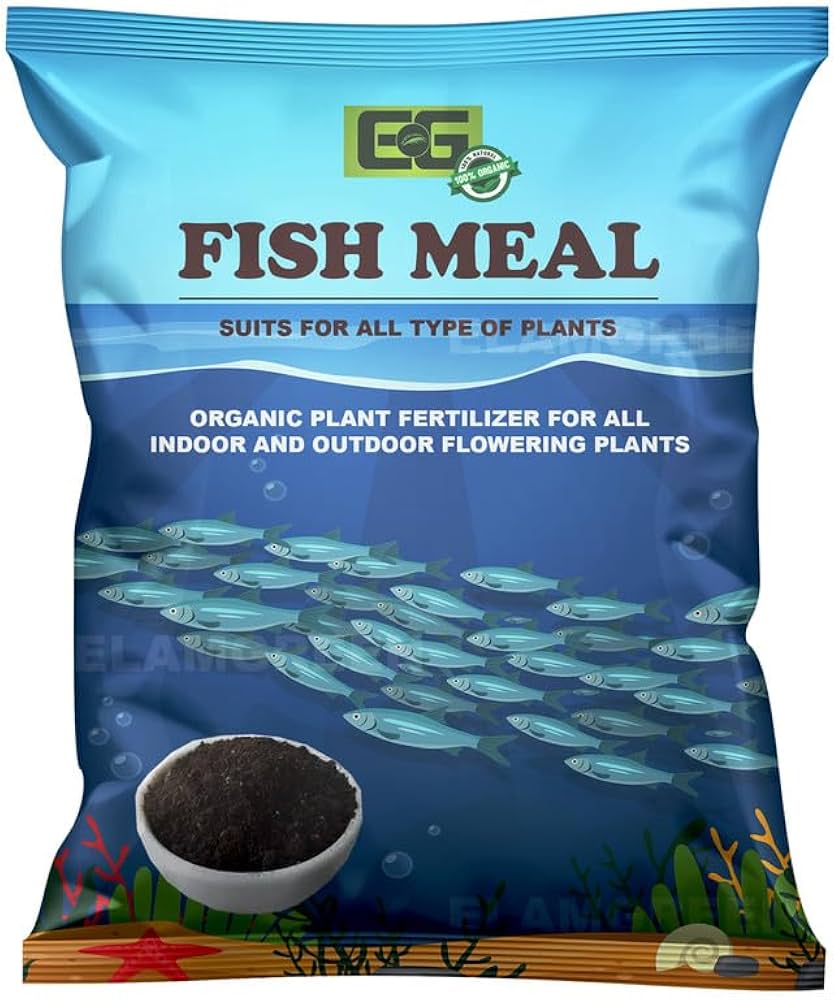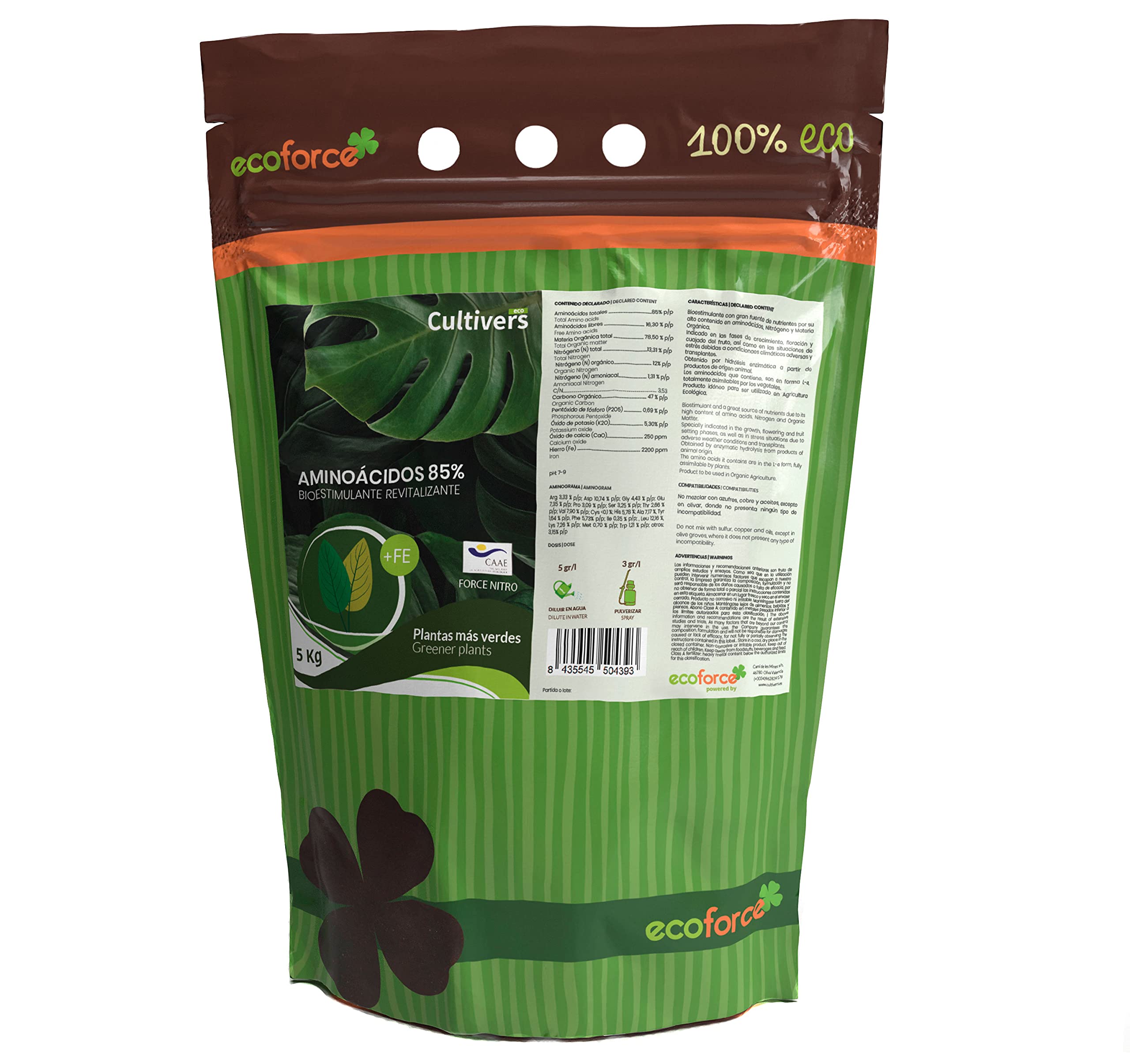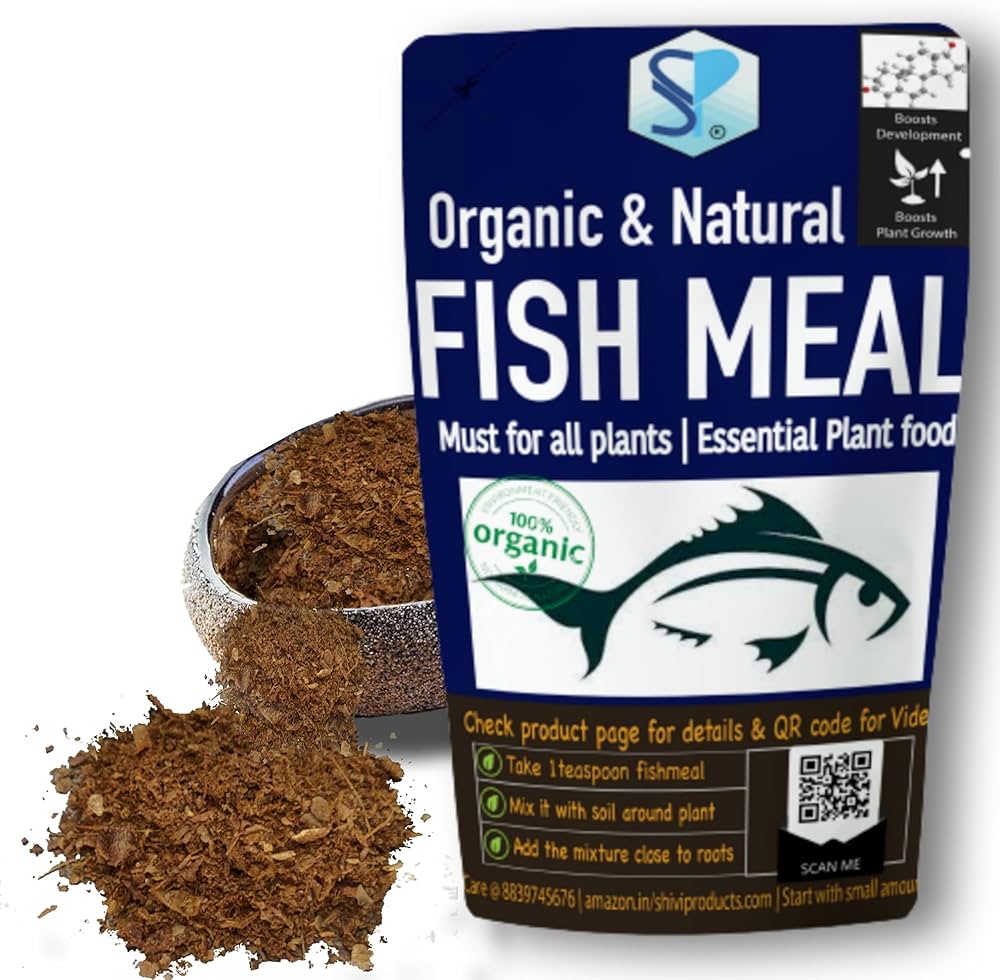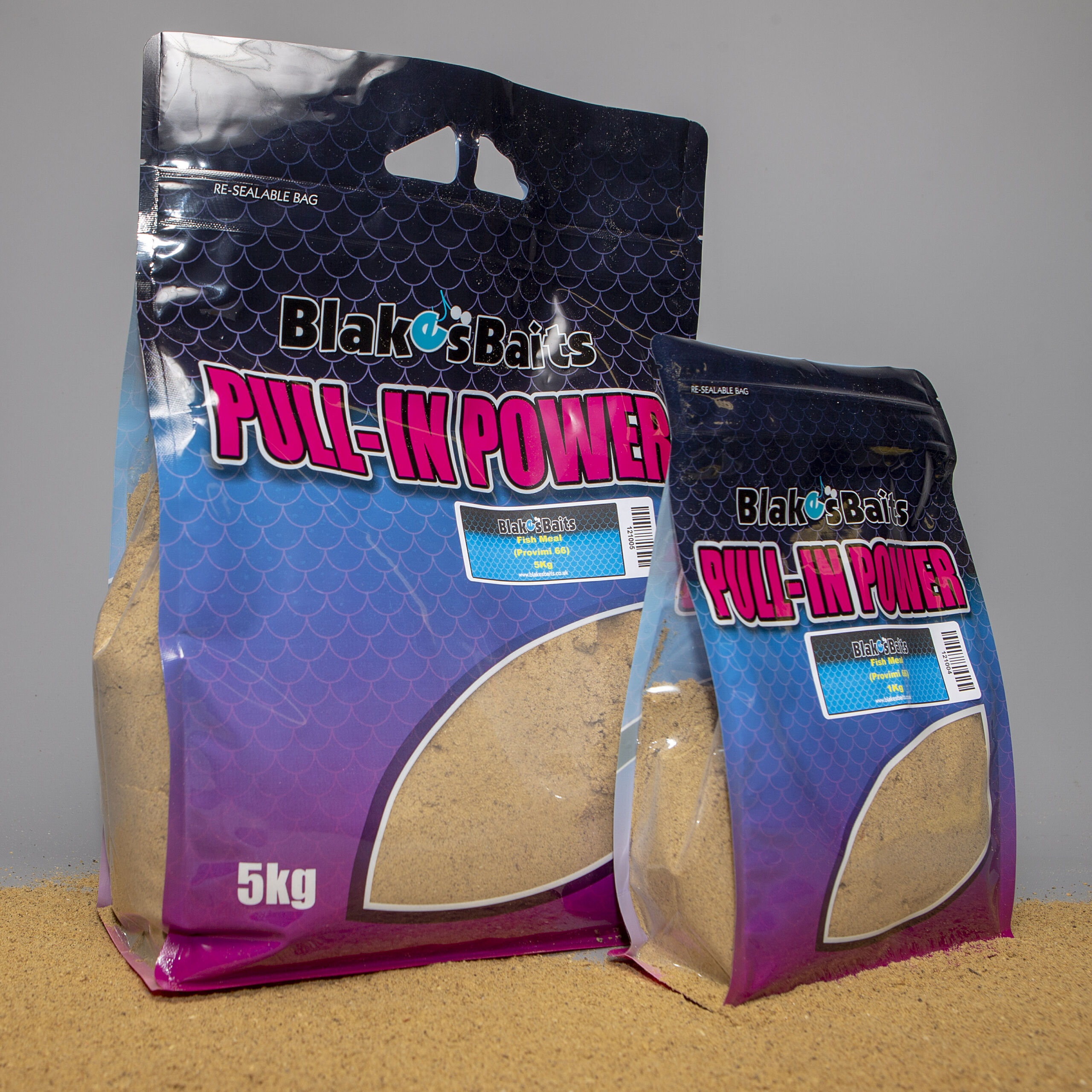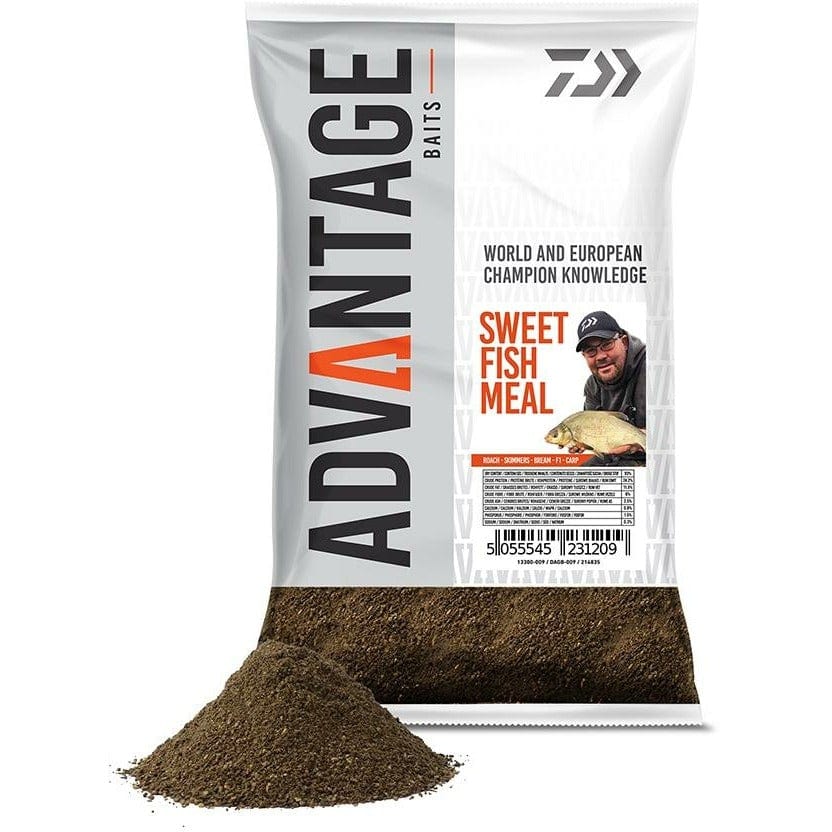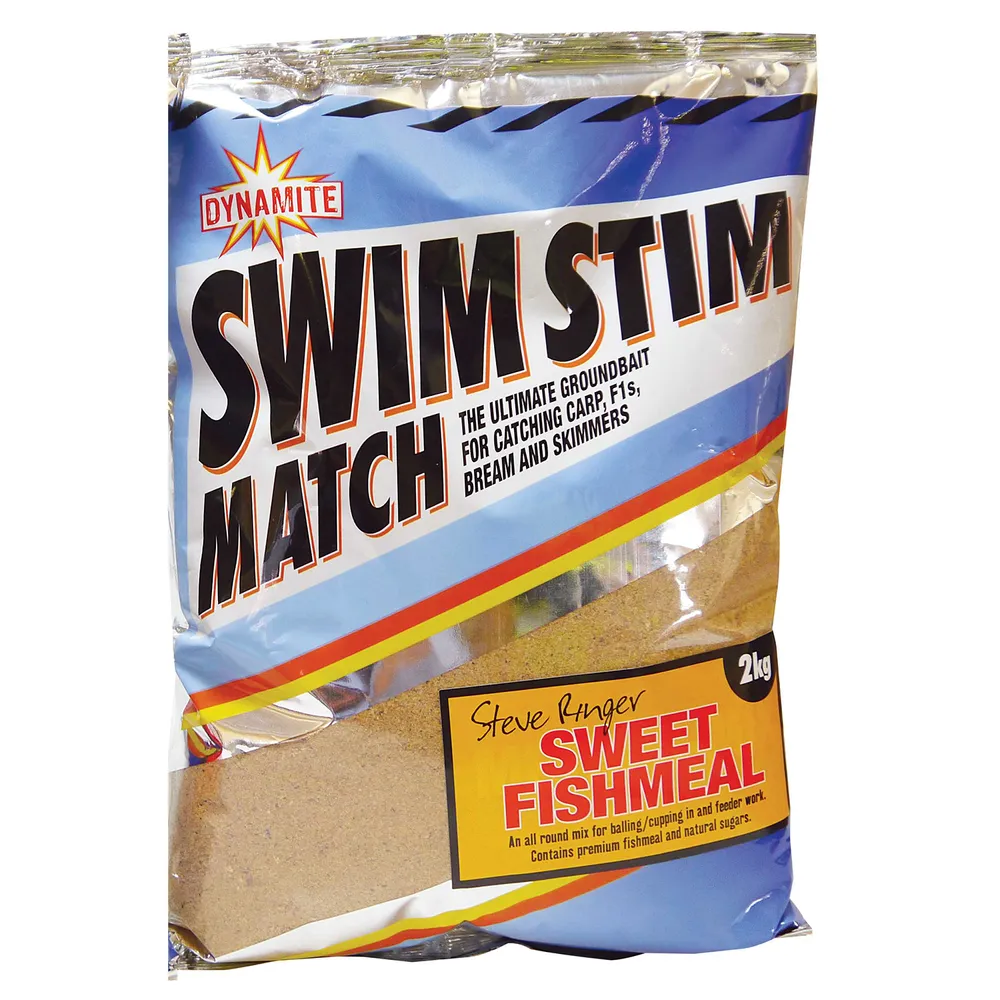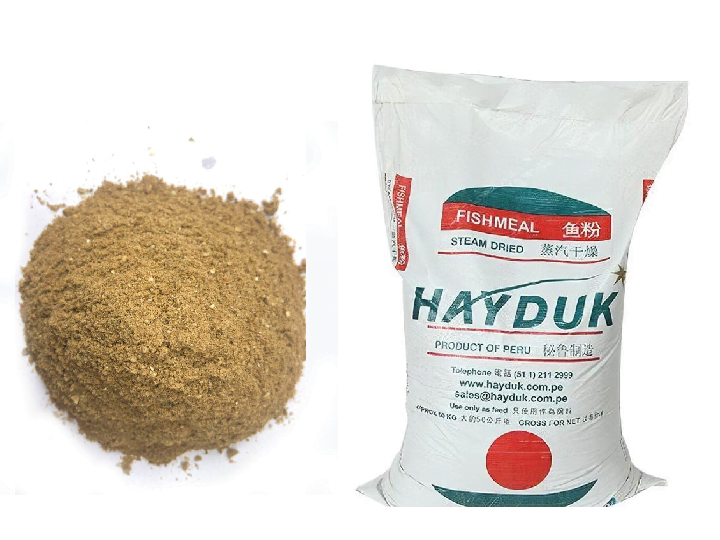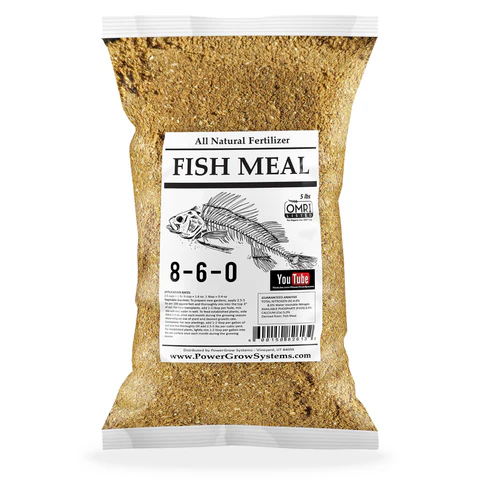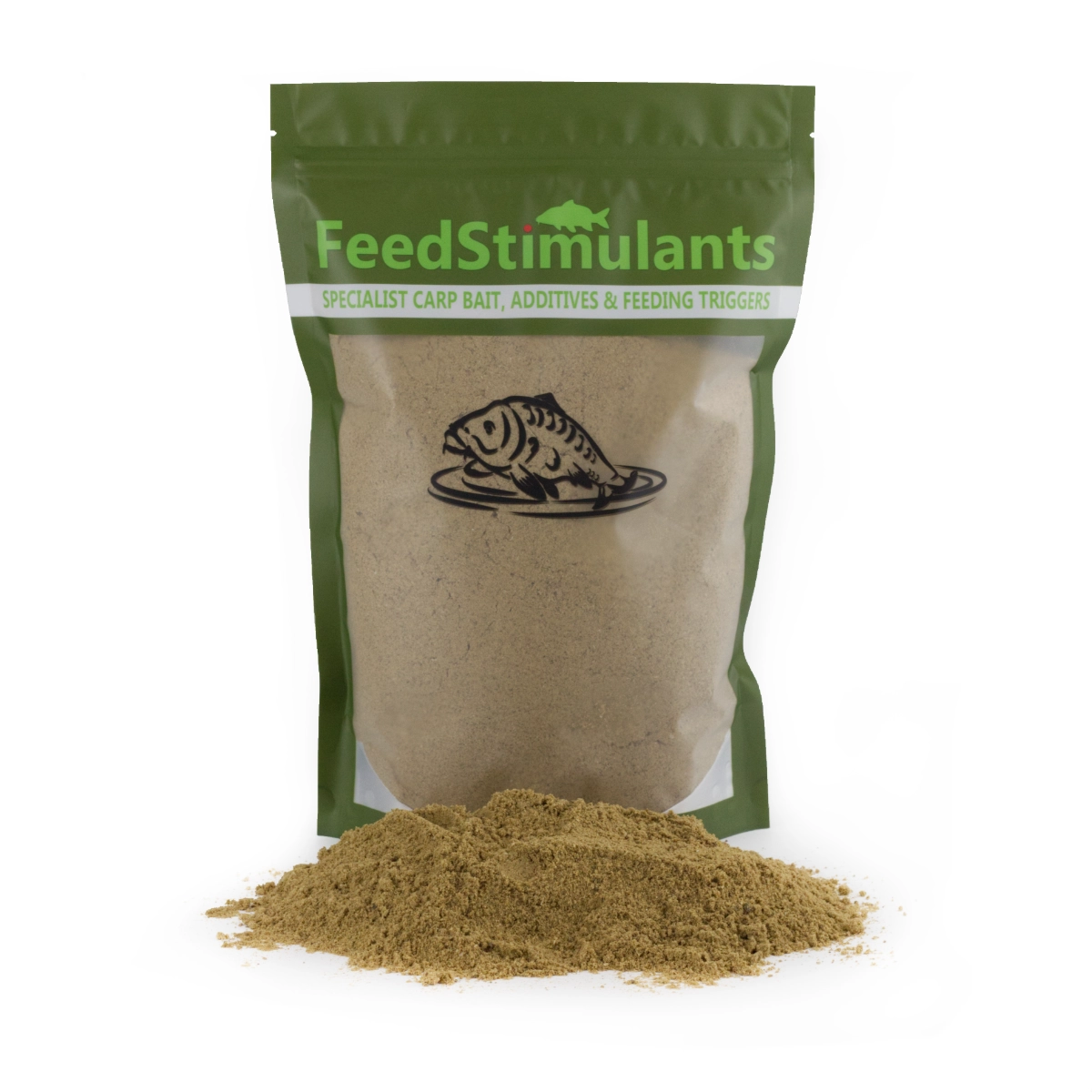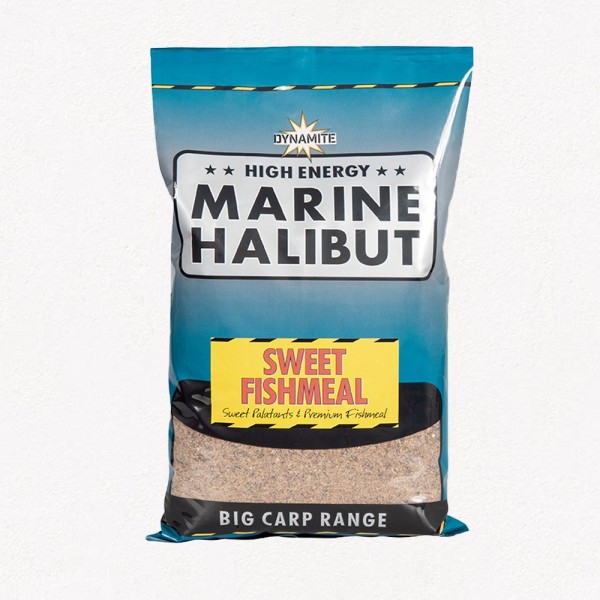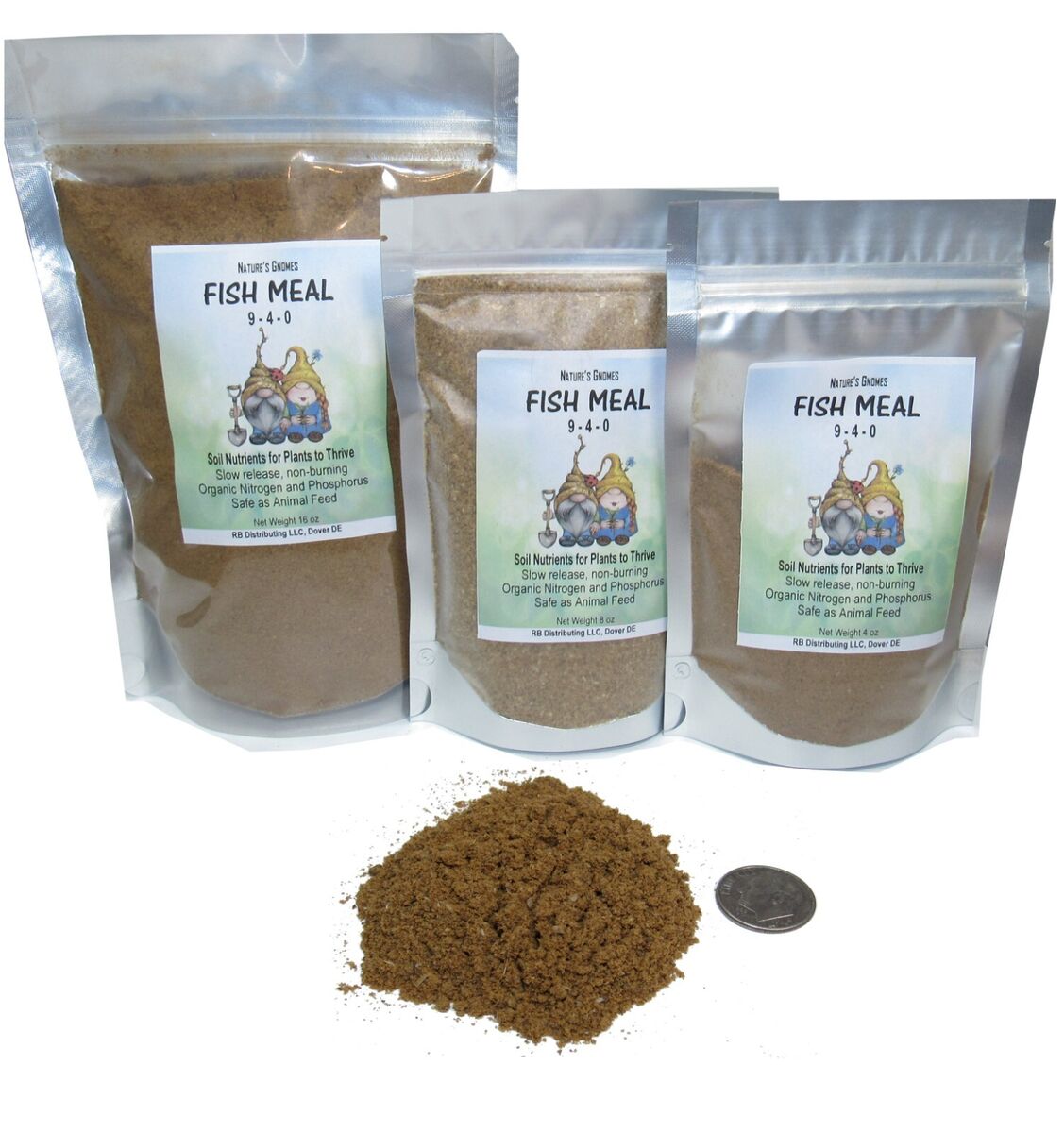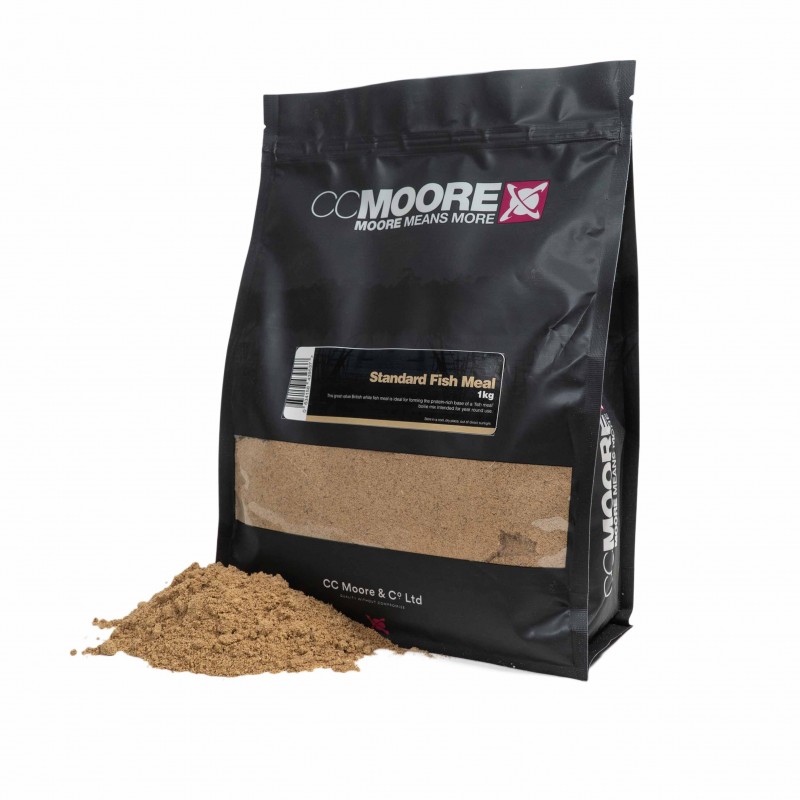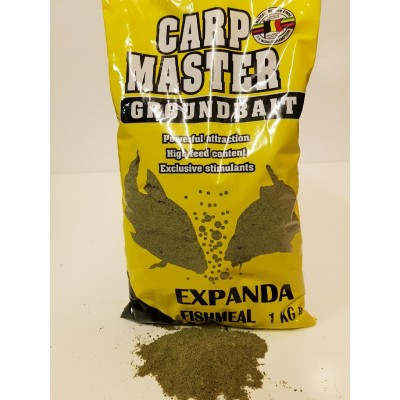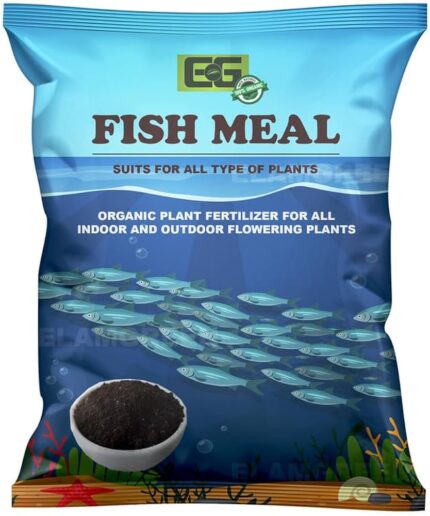Description
Fishmeal is a high-protein feed ingredient derived from the processing of fish and fish by-products. It is an essential component in aquaculture, livestock, and poultry feeds, contributing significantly to the nutritional needs of various species. Rich in essential amino acids, omega-3 fatty acids, vitamins, and minerals, fishmeal enhances growth rates, improves feed efficiency, and promotes overall health in animals. The production of fishmeal typically involves cooking, pressing, drying, and grinding whole fish or fish scraps, which helps to preserve the nutritional qualities while extending shelf life.
The sustainability of fishmeal production is a growing concern as overfishing and environmental degradation threaten marine ecosystems. Many producers are now adopting sustainable practices, sourcing fish from well-managed fisheries, and utilizing by-catch or fish processing waste to minimize ecological impact. Additionally, ongoing research is focused on alternative protein sources, such as plant-based meals and insect protein, to reduce dependency on fishmeal. However, fishmeal remains a vital ingredient in many animal feeds, particularly in aquaculture, where it is prized for its digestibility and nutritional profile, helping to meet the increasing global demand for seafood.
In conclusion, fishmeal plays a crucial role in the agriculture and aquaculture sectors, providing a nutrient-dense feed option that supports livestock and fish health. As the industry moves towards more sustainable practices and alternative protein sources, the future of fishmeal production may involve a balanced approach, ensuring that both environmental considerations and nutritional needs are met. The impact of fishmeal on animal growth and health remains significant, highlighting the importance of responsible sourcing and innovation in feed formulation.

